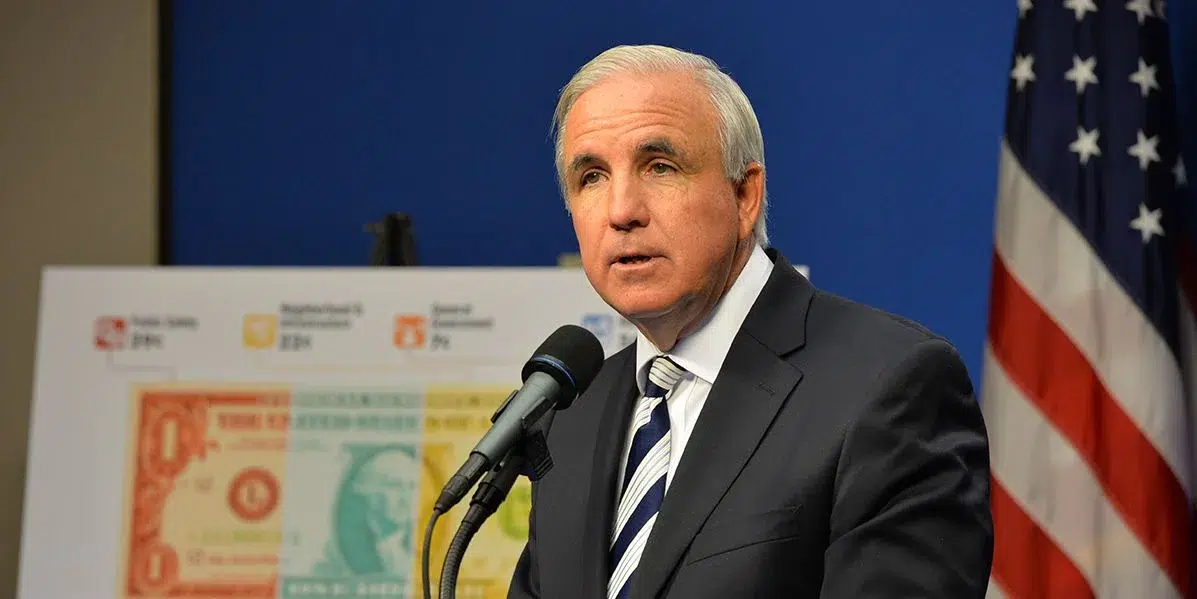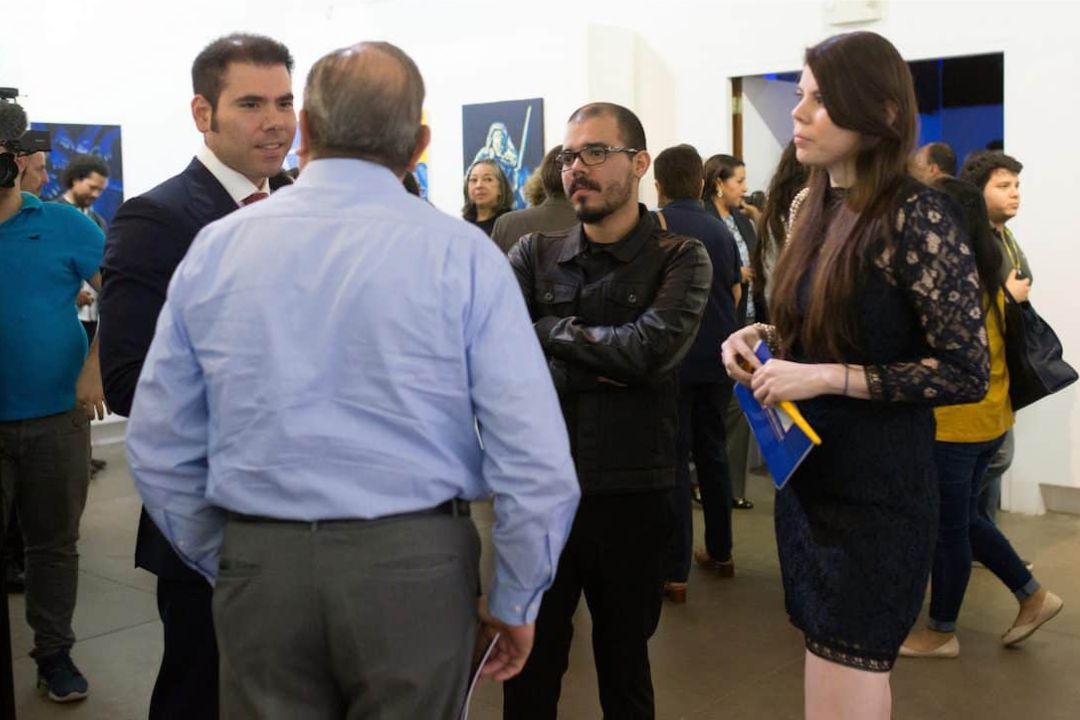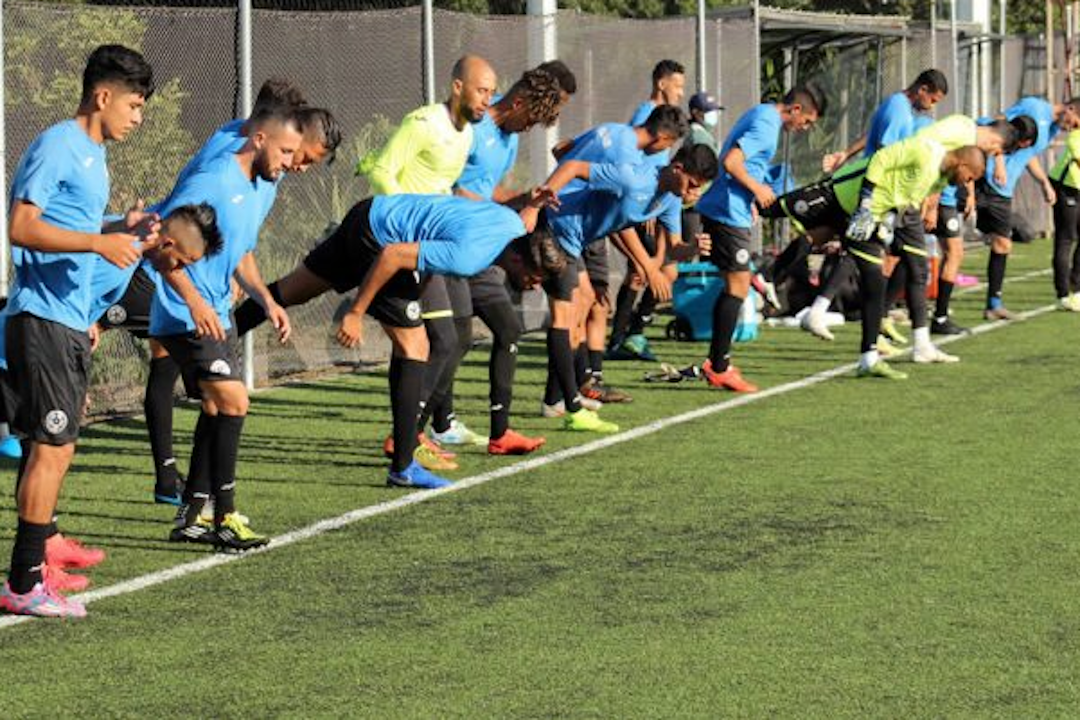
«When the Regime Falls, Billions of Dollars in Investments Will Come to Cuba»
- Cuba
- mayo 12, 2025
- No Comment
- 59
Miami. – At a time when Cuba’s political, economic, and social situation is going through one of its most critical periods, new strategies are being organized from the Cuban exile community in the United States to pressure the regime in Havana and accelerate a transition toward democracy. In this context, Cuban-American congressmen like Carlos Giménez have taken on a leading role, pushing initiatives from the U.S. legislative branch and advocating for stronger support from Donald Trump’s administration for the Cuban cause.
Carlos Giménez has been one of the strongest voices in favor of intensifying economic and diplomatic sanctions against the Cuban regime. He has proposed measures such as the suspension of flights to the island, the elimination of remittances, and the strengthening of actions against countries that maintain agreements with Havana to hire Cuban medical personnel. Additionally, he has led efforts to report and demand the deportation of regime repressors who have settled in the United States.
In this exclusive interview, Congressman Giménez details the actions he is leading, his vision for Cuba’s future, and his appeal to the new generations of Cubans both on and off the island. He also reflects on his recent visit to the Guantánamo naval base—the only portion of Cuban territory under U.S. control—and reaffirms his personal and political commitment to Cuba’s freedom.
At this moment, the U.S. administration includes individuals who are highly sensitive to the Cuban cause, which could represent a historic opportunity to promote concrete actions against the regime. What initiatives are currently being promoted or planned from the legislative and executive branches that could deal a strong blow?
What I’m doing is pressuring the administration to take more actions against the regime—not military actions, but economic ones. For example, I am requesting a total suspension of flights to and from Cuba, and also a halt to remittances sent from the United States to the island. Additionally, we are proposing sanctions against countries that hire Cuban doctors and nurses but pay the regime directly instead of the professionals themselves. Those countries should face an additional fee for maintaining that type of agreement with the Cuban government.
We have also submitted to the authorities the names of individuals who were repressors in Cuba and now reside in the United States. If it’s confirmed that they participated in repressive acts, they must be deported. It’s not fair that those who defended that regime are now enjoying retirement here. These are some of the actions we are pushing from Congress and asking of the administration and the Secretary of State to implement. This is the moment to stop giving oxygen to a regime that, in my view, is already at the edge—and to move forward toward change that leads to a democratic and free Cuba.
Do you believe that the only possible way to end the dictatorship is to suffocate it economically, cutting off its resources?
I believe that over the past 60 years, many things have been tried, but the regime is still there. Today, the regime is on the verge of collapse, and the only oxygen it has left is the income it receives. That’s why we must cut off those resources. The Cuban regime can’t even keep the lights on in the country. There’s a crisis in food, medicine—everything. The people are suffering and must understand that this system doesn’t work, has never worked, and will never work. What I want is for that regime to go away, and honestly, I don’t care where its leadership goes —but they must leave so that Cuba can reclaim its potential. The Cuban people deserve far more than what they’ve had over these six decades.
Some believe that those responsible for Cuba’s suffering should face justice. Others favor a peaceful transition that would allow those individuals to leave the country without facing consequences, even if that means victims receive no reparations. What’s your opinion?
I want a quick exit for that regime, and if it can happen peacefully, all the better. I don’t want more bloodshed. But I also believe it must happen as soon as possible—not a years-long transition. Cuba needs to begin its recovery immediately. When the regime falls, billions of dollars in investments from various countries will come to help rebuild what has been destroyed over the past 60 years. The ideal scenario is a fast and peaceful transition, but the essential thing is that it happens soon.
You’ve been one of the strongest voices against travel to Cuba and remittances. Some critics argue that this will worsen the lives of ordinary Cubans more than it will hurt the regime. What is your response to that?
I’m sorry, but it’s necessary to deny the regime any form of oxygen. Remittances and travel help sustain it. By prolonging that support, we’re only extending the people’s suffering. There may need to be some additional sacrifice for a short time, but the long-term benefit will be a free Cuba. When the regime falls, aid and resources will come, and the positive effects will be seen quickly. Right now, that money only maintains the status quo, and Cubans deserve much more—they deserve freedom, democracy, and a government that respects their rights.
You’ve denounced the entry of Cuban repressors into the United States. How widespread do you think this issue is, and what mechanisms exist to identify and report them?
When I raised this issue, I submitted a list of 100 names of people we consider to be repressors in Cuba who entered the U.S. falsifying information on their applications. They must be investigated, and if their participation in abuses is confirmed, they should be deported. That list is already in the hands of the Department of Homeland Security. In addition, anyone can contact my office to report these cases. Everything should be investigated. While some may not have been repressors, for whomever it is proven they were repressors, they should be sent back to Cuba. They don’t deserve to live in freedom here after having served that regime.
What obstacles have you encountered in speeding up these deportations, especially in cases where individuals already have U.S. residency?
So far, we haven’t faced legal obstacles, but everything takes time because it has to go through due legal process. I’m awaiting a meeting with the Secretary of Homeland Security to inquire about why this isn’t moving faster. Even if some already have U.S. residency, if they lied or participated in repression, they forfeited the right to be in this country. A judge will ultimately decide, but I believe many of them will be deported—which is what they deserve.
Regarding U.S. government programs supporting democracy and Cuban civil society, do you believe that support should continue?
Absolutely. We have another key ally in Congress, Mario Díaz-Balart, who is in charge of approving these funds. The United States should help its friends, not its enemies. We are reviewing all international aid programs to ensure that these resources go to those fighting for democracy and freedom—not to those working against this country’s interests. That’s why having Díaz-Balart in that position is so important. We will continue to support democratic forces and the free press in Cuba as much as possible.
You recently visited the Guantánamo Naval Base. What did that visit mean to you?
I was born in Cuba, and that was the first time I had returned in over 64 years—although it was only to the one part of Cuba that is free: the U.S. naval base in Guantánamo. It was a very emotional moment for me, and while there, I made a personal promise: I won’t return to Cuba until the entire island is free. I hope to see it free in my lifetime. I’m deeply focused on this cause from within Congress. I believe we are in a special moment: we have a president who recognizes the importance of this cause, a Cuban-American Secretary of State who fully understands the situation, Cuban-American members of Congress, and many other allies. The regime is in its weakest position in more than 60 years, and I believe all the circumstances are aligning to achieve Cuba’s freedom.
If you could send a message today to the new generations of Cubans, both on and off the island, what would you say about Cuba’s future?
Cuba’s future is not yet written. It is being written right now. What I want, what I hope for, and what I pray for is that Cuba will be free very soon—within the next two years. The conditions are in place. We must take advantage of them and make sure the right people are in key positions to help with this process. So even though the future hasn’t been defined yet, we’re building it together at this very moment.





